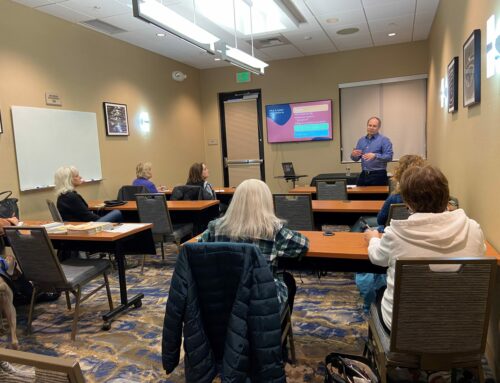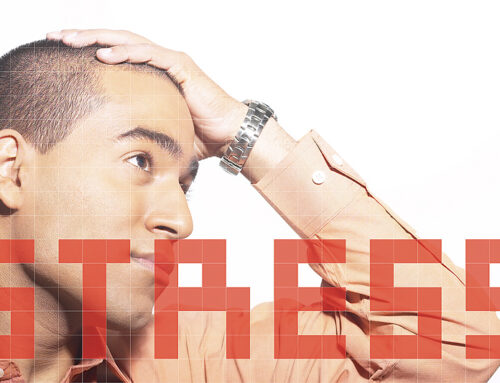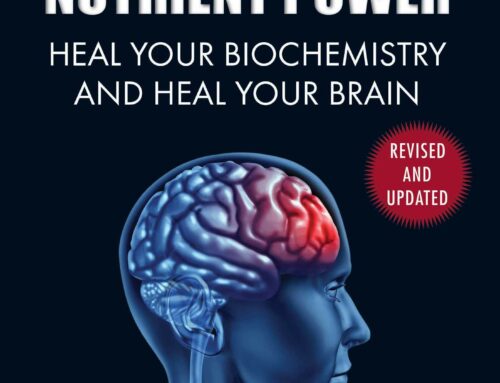During my initial consult with a client I always include questions about their sleep. I have always known or assumed that sleep was important and that adults should get 7-8 hours of sleep per night. However, until recently reading Why We Sleep: Unlocking the Power of Sleep and Dreams by Matthew Walker, PhD, I never imagined the extent of its importance – how it effects our lives, wellness, and longevity.
Much of the science behind the benefits of sleep and the devastating health consequences of lack of sleep has been discovered the last twenty years. Matthew Walker is a neuroscientist and sleep expert who has conducted his own original research and pulled together that of others. His conclusions are that sleep has many functions. It enhances our ability to learn, memorize, and make logical decisions; recalibrates our emotions; strengthens our immune system; and regulates our metabolism and appetite. He also finds that dreaming alleviates painful memories and allows the brain to merge past and present knowledge to inspire creativity.
The World Health Organization and the National Sleep Foundation both recommend an average of eight hours of sleep per night for adults. The unfortunate truth is that two-thirds of adults in developed nations do not get the sleep they need resulting in a variety of now documented health problems.
Lack of sleep negatively effects the immune system. Individuals getting less than 6-7 hours of sleep per night have double the risk of cancer. Insufficient sleep has been linked to an increase in likelihood of developing Alzheimer’s. Studies show that even one week of inadequate sleep can cause blood sugar levels considered to be pre-diabetic. Further findings show linkages to increased risk for heart disease and stroke, and an overall shorter life span.
Ever wonder why it seems you want to eat more when you are tired? It turns out that lack of sleep causes the increase of a hormone that makes you feel hungry while at the same time suppressing the hormone that indicates satiety!
This lack of sleep not only has the individual outcomes as detailed above, but also has substantial societal effects as well. One of the most critical is drowsy driving. Statistics show that one person dies in a traffic accident every hour in the United States due to a fatigue related error. There are more accidents caused by drowsy driving than alcohol and drugs combined.
Walker believes that this societal belief that sleep is not all that critical is that science has never produced compelling arguments to support the need for sleep. The other three basic drives – eating, drinking, and reproducing – have been understood for ages. Yet no real understanding of why we sleep until these recent studies.
I would strongly encourage you to read this book and learn about the importance of sleep, not only for yourself, but for society as a whole. This lack of sleep has significant impact across our society – in the workplace, in our education system, our military, and the health care system. Walker offers fascinating insights into all these areas. It is certainly one of the most interesting books I have come across.
Bernard Rosen, PhD is a Nutrition Consultant and Educator. He works with individuals, groups, and at corporations to create individualized nutrition and wellness programs. His office is in Mequon, WI. To learn more or to schedule an appointment, e-mail at bernie@brwellness.com, call (414) 331-8796 or go to www.brwellness.com.







